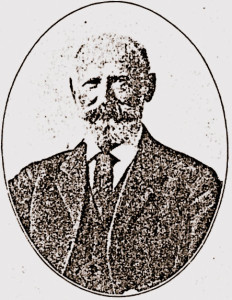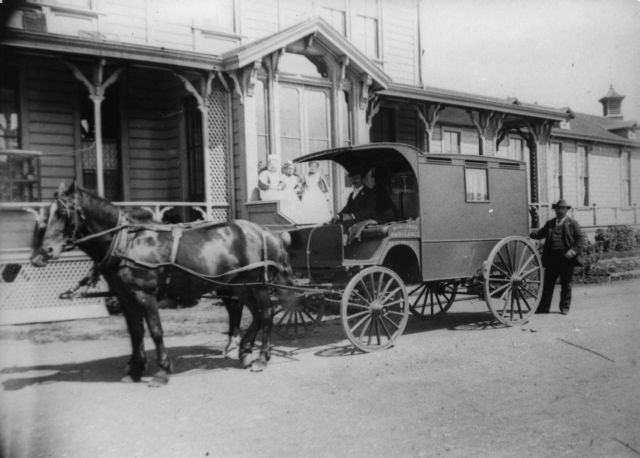Emanuel Raas
Values Codes I – E – L – P
Emanuel Raas was born in 1838 in Strasbourg, France, where he was educated until his family moved to Paris when he was 13.
Along the way . . . .
Emanuel Raas came to the United States in 1860.
He first moved to Galveston, Texas and then to the West Coast.
After spending a year in Oregon, he moved to San Francisco.
San Francisco
Emanuel Raas established the wholesale woolen house of E. Raas & Co.
The business was so successful that Emanuel Raas was able to retire in 1892.
He donated the rest of his life to charity.
Community
Emanuel Raas was a member of Ohabai Shalome Congregation.
He was also a member of B’nai B’rith.
Raas was a founder and vice-president of Mount Zion Hospital.
The French Community
Emanuel Raas served as president of the French Hospital, of which he was also a founder.
He also served as president of the League Nationale Francaise and the French Library.
Fraternal
Emanuel Raas was a Past Master of the Masonic Order
Family
Emanuel Raas married Ernestine Blum of San Francisco in 1869.
They had 4 children: Alfred E., Mrs. Henry Gundefinger, Charles, and Mrs. LeRoy Schlessinger.
Ernestine Rass died in 1901
Emanuel Raas died in 1916.
“A great-hearted man was Emanuel Raas; true and unswerving in his fidelity to his friends and those dear to him.”
– Rabbi Martin Meyer, 1916
Source
- Martin A. Meyer, The Jews of San Francisco (San Francisco: Emanu-El, 1916).
David Epstein is curator for this Emanuel Raas exhibit.
========================================
Jews in the News
About this Time
Rabbinic Partiality in San Francisco — 1888
San Francisco, August 24 1888— Dr. Aron J. Messing has had two Bar Mitzvahs last week, but he put his sanctifying hands on the head of that boy only who paid coin, while the other, though brighter but poorer, had to step down without a blessing.
This is true and I defy anyone to tell me to the contrary. Some day, when this boy takes an honorable seat among the money-men, Dr. Messing will be eager to invent an excuse, but there were too many people present, who saw that poor boy’s shamed face and said “shame.” He may regret this unkind action.
—The Jewish Voice, St. Louis, September 6, 1888 [WSJHQ 7/2].
========================================


